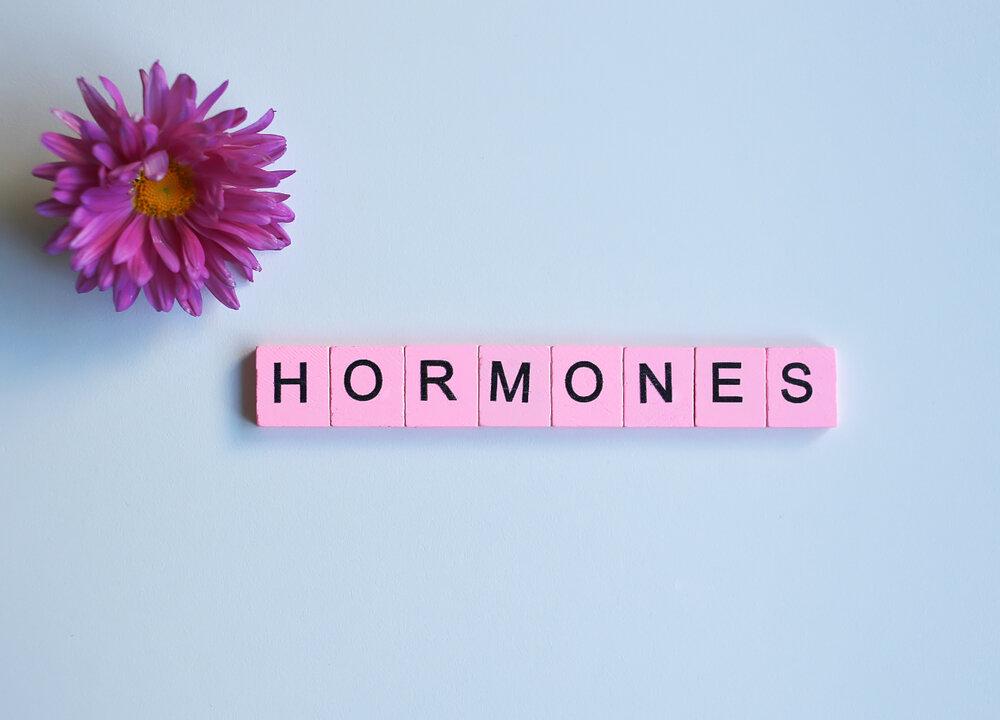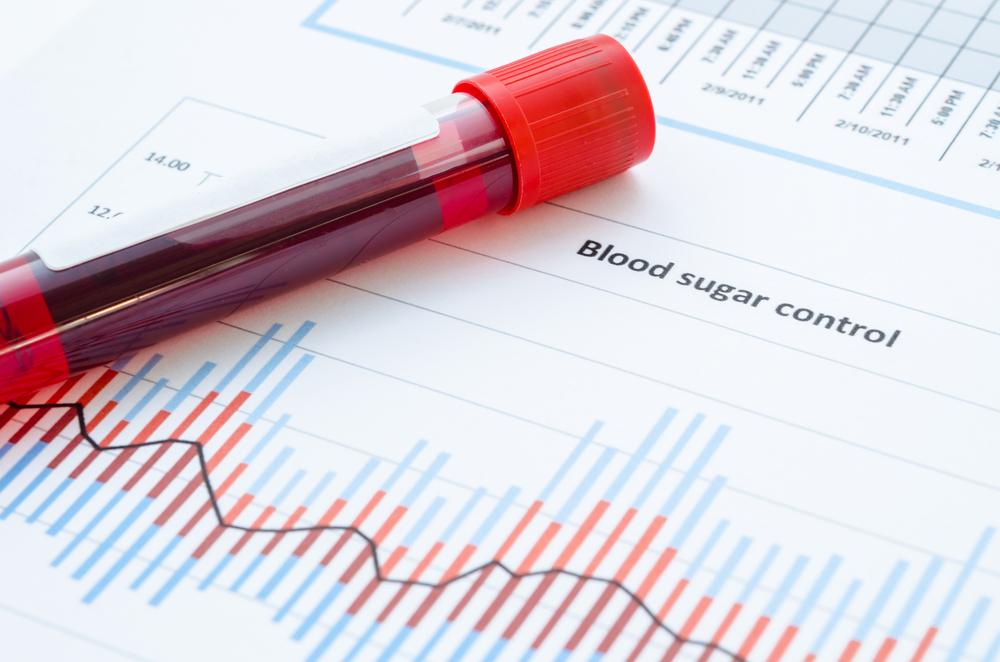Hypothyroidism is one of the most common diseases worldwide and has a direct impact on quality of life. Hypothyroidism occurs when the thyroid doesn’t produce enough hormones. This can result in heart disease, infertility, and poor brain development in children.
What is the thyroid?
The thyroid is a small, butterfly-shaped gland situated at the base of the front of your neck. Though this gland is small, it is extremely powerful. The hormones produced by the thyroid gland have a tremendous impact on your health, essentially affecting all aspects of your metabolism (energy). Metabolism is the process where the food you consume is transformed into energy. This energy is used throughout your entire body to keep many of your body’s systems working correctly.The hormones created by the thyroid can affect:
- Your heart rate
- Weight control
- Inflammation
- Brain function
- Heart health
- Weight control
- Mood
- Immunity
- Digestion
Hyperthyroidism vs. Hypothyroidism
When I was in nursing school and learning about the complex endocrine system, one of my most knowledgeable and educated professors, Dr. H, said that a simple way to start understanding the basic concept of the thyroid, whether that be hypothyroidism or hyperthyroidism, is to think of the work thyroid as “energy!”- Hypothyroidism means not enough metabolic energy.
- Hyperthyroidism means too much metabolic energy.





